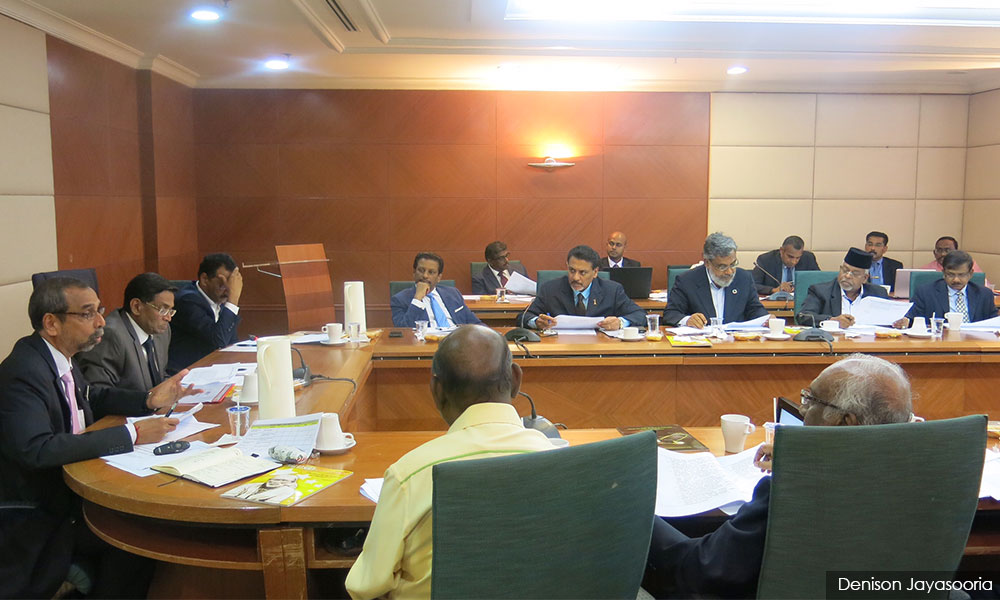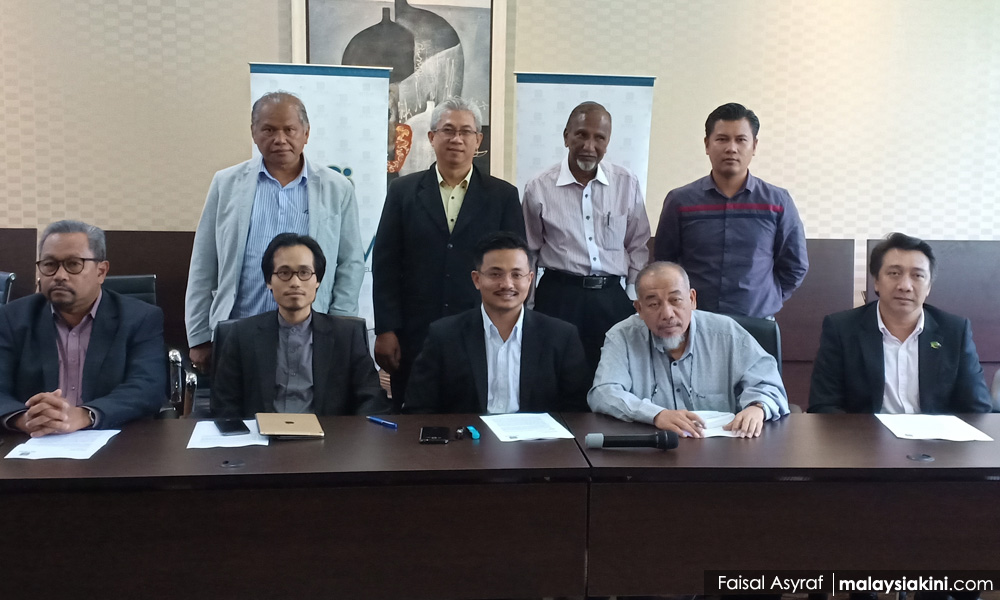COMMENT | MTEM is driven to write this article to counter the assertions made by some parties that the bumiputera economic agenda that first took form as the New Economic Policy (NEP) is now irrelevant and has long since outlived its usefulness.
Some quarters have gone so far as to question MTEM’s intellectual capacity and patriotism, but rest assured that we shall not go down the path of our detractors and instead, we will respond with reasoned arguments armed with facts.
A common claim among critics of the bumiputera economic agenda is that after 40 years, there is no longer a need to keep it around. Indeed, 40 years is not a short timeframe, but this is only relevant if the bumiputera economic agenda was an unmitigated success.
According to publicly available data, the agenda is still needed as according to various metrics, the bumiputera are still far behind other ethnic groups, especially when compared to the Chinese.
After 40 years, the gap has not only persisted, but has even widened. In terms of household income, the gap between bumiputera and the wealthiest non-bumiputera community was only RM10,000 per year in 1995, but has grown to RM30,000 in 2016. The bumiputera are still greatly underrepresented in the most important industries such as ICT, construction and manufacturing.
Worse of all, bumiputera corporate control is a paltry 17 percent compared to 58.6 percent for the wealthiest non-bumiputera, due to limited direct ownership of corporations by bumiputera. Out of 204,884 bumiputera SMEs in 2005, only 1.2 percent were large enough to be classified as medium-sized SMEs.
Clearly, more needs to be done by the government to help improve the situation. We must remember that disgruntlement over the economic gap between ethnicities was the very reason for the introduction of the bumiputera economic agenda in the guise of the NEP in the first place.
A fair share
The bumiputera community has never demanded for anything more than their fair share of the Malaysian economy.
If Malaysia is to be a country of ‘shared prosperity’, the gap between bumiputera and non-bumiputera must be closed and to achieve this in less than a lifetime will require a revitalised economic agenda that will not only be effective, but also not discriminate against disadvantaged non-bumiputera.

The Malaysian Indian Blueprint bears many similarities to the bumiputera economic agenda, and MTEM for one is not opposed to it.
Though the bumiputera are generally behind the Indian community in most aspects, MTEM accepts that there are sections of the Indian community who need specific government assistance. MTEM wonders if those that are so adamant in their opposition to the bumiputera economic agenda harbour the same sentiment towards the MIB?
If the focus in the 1970s was primarily on eradicating poverty, the focus should now switch to stimulating the creation of many more bumiputera entrepreneurs and professionals.
Bumiputera must become job creators in much greater numbers than before to ensure proportionate participation in every economic sphere. Failing this, the bumiputera might be forced to conclude that only those who preach for total bumiputera supremacy can be relied on to get the job done.
Only the approach of the old NEP is no longer relevant. We need a new way to achieve its objectives led by a new breed of capable bumiputera.
Economic sabotage
The bumiputera economic agenda has been too hastily condemned as being “skewed and archaic”. Blame should instead be placed on Malaysians who committed acts of economic sabotage, for example by practising 'Ali Baba' business models where the bulk of the economic value is generated by non-bumiputera silent partners.
Ultimately, the profits and experience that should result from winning government contracts are instead enjoyed mostly by non-bumiputera.

Indeed, MTEM along with prominent individuals, such as Abu Kassim of the National Centre for Governance, Integrity and Anti-Corruption consider the economic sabotage of the bumiputera agenda to be so serious that we have proposed legislation that will explicitly criminalise all those who abuse the privileges they were accorded.
As such, MTEM wants to make it clear that we do not exist to protect the interests of connected bumiputera businessmen whose only talent is to seek out opportunities for rent-seeking.
MTEM values the opinions of fellow Malaysians on the subject, but we must remember that this is not the 1970s. We hope with better strategic socioeconomic development programmes to complement pro-bumiputera policies, empowered with new laws to stop any circumvention of economic policies, it will ensure successful outcomes.
Nevertheless, much can be learned from one’s staunchest opponents and in this spirit, we look forward to even more vigorous debate regarding the best path forward to create a Malaysia that finally fulfils the noble goals of the bumiputera economic agenda as part of a national agenda to achieve a real shared prosperity in this 'new Malaysia'.
AHMAD YAZID OTHMAN is the CEO of the Malay Economic Action Council.
The views expressed here are those of the author/contributor and do not necessarily represent the views of Malaysiakini.

